
The Head of Client Coverage, Corporate and Investment Banking at Stanbic Bank Ghana, Dinah Kaleo-Bioh, has emphasized the need for Small and Medium Enterprises (SMEs) to adopt a growth-oriented mindset for long-term sustainability and economic impact.
Speaking at an interactive session with students from Columbia Business School, Columbia University, Ms. Kaleo-Bioh noted that many SME owners focus on short-term sustenance rather than building scalable enterprises.
“Many SMEs in Ghana operate with a mindset focused on short-term sustenance— ‘we are doing this to feed the family.’ As a result, their businesses often do not outlive them. There needs to be a paradigm shift towards building enterprises that generate employment, drive economic development, and create multi-generational impact,” she stated.
Ms. Kaleo-Bioh highlighted Stanbic Bank’s commitment to reshaping this mindset through targeted capacity-building initiatives and strategic advisory services. With over 90% of registered companies falling within the SME category, the future of corporate and investment banking heavily depends on the growth and success of this segment.
“We have designed workshops and business development programs to encourage SME owners to adopt a sustainable and expansion-driven approach. Every transformational entrepreneur who has left a significant mark on the global stage has done so by thinking beyond immediate needs. Our objective is to instill this forward-looking perspective in our SME clients,” she added.
Beyond SMEs, she stressed the necessity of investing in Ghana’s youth as a critical asset for economic transformation. “Africa’s greatest strength is its youthful population. At Stanbic Bank, we have established platforms such as the Stanbic Incubator to support young entrepreneurs and the Stanbic Teen Academy, which equips young adults with essential skills before they transition to university. These initiatives contribute to national development and create a robust pipeline of future talent,” she noted.
The interactive session was part of Columbia Business School’s one-week educational visit to Ghana, aimed at exploring entrepreneurship and democratic governance.
Alhassan Musah, Treasurer at Stanbic Bank Ghana, provided insights into Ghana’s macroeconomic landscape, detailing opportunities and challenges that influence investment decisions. He highlighted Ghana’s strong democratic governance and stable macroeconomic framework as key factors positioning the country as an attractive investment destination.
“Ghana remains one of Africa’s most promising markets for investors due to its commitment to economic reforms and a stable political environment. However, as with many emerging economies, investors must navigate risks such as exchange rate volatility, inflationary pressures, and external debt sustainability concerns,” he explained.
Despite these challenges, Mr. Musah reaffirmed Ghana’s long-term investment appeal, emphasizing the country’s resilience and structural advantages.
“Predictability is a cornerstone of investor confidence, and Ghana offers that. With a track record of democratic stability and ongoing economic transformation efforts, the country presents a compelling case for both local and international investors,” he concluded.
Musah Abdallah, the bank’s Head of Corporate and Investment Banking (CIB) reiterated the bank’s commitment to supporting Africa’s growth. According to him, the bank believes that its development is as strong as the strength of the African economy. “We just don’t want to be like any other financial institution, we believe that Africa is our home and we drive her growth,” he said.
Professor Bruce Kogut from Columbia Business School commended Stanbic Bank’s pivotal role in Ghana’s financial sector and its commitment to business innovation, noting that these attributes made it an ideal choice for the session.
“We sought to engage with an institution that bridges Ghana’s financial past and future. Stanbic Bank stood out due to its strong reputation, forward-thinking strategies, and impactful contributions to economic growth,” he stated.
The discussion reinforced Stanbic Bank Ghana’s strategic focus on fostering entrepreneurship, strengthening SME resilience, and investing in youth development as key pillars for sustainable economic progress in Ghana.
The post SME growth requires a shift in mindset appeared first on The Business & Financial Times.
Read Full Story


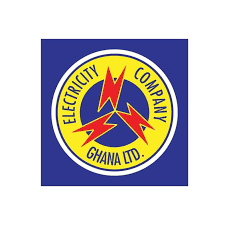

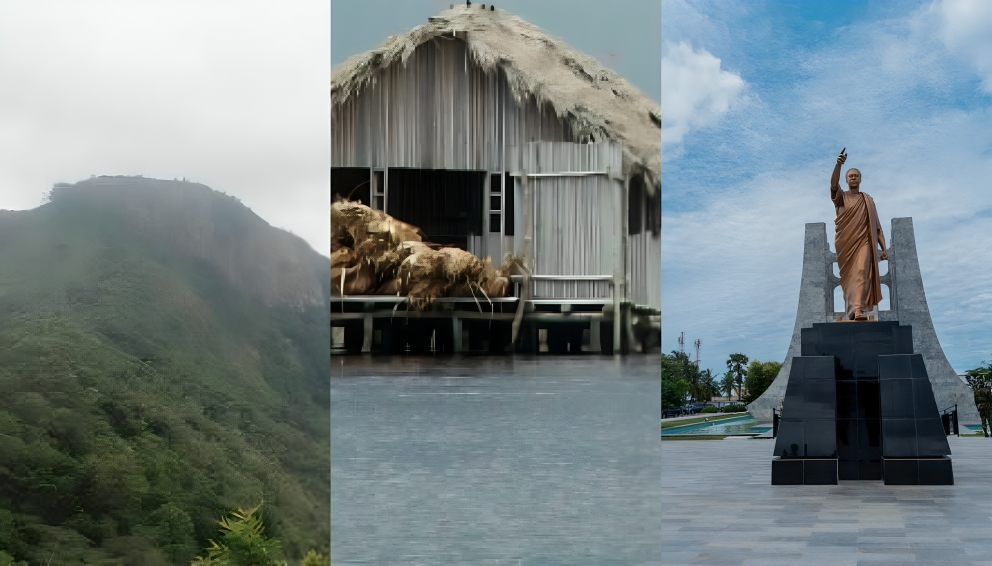
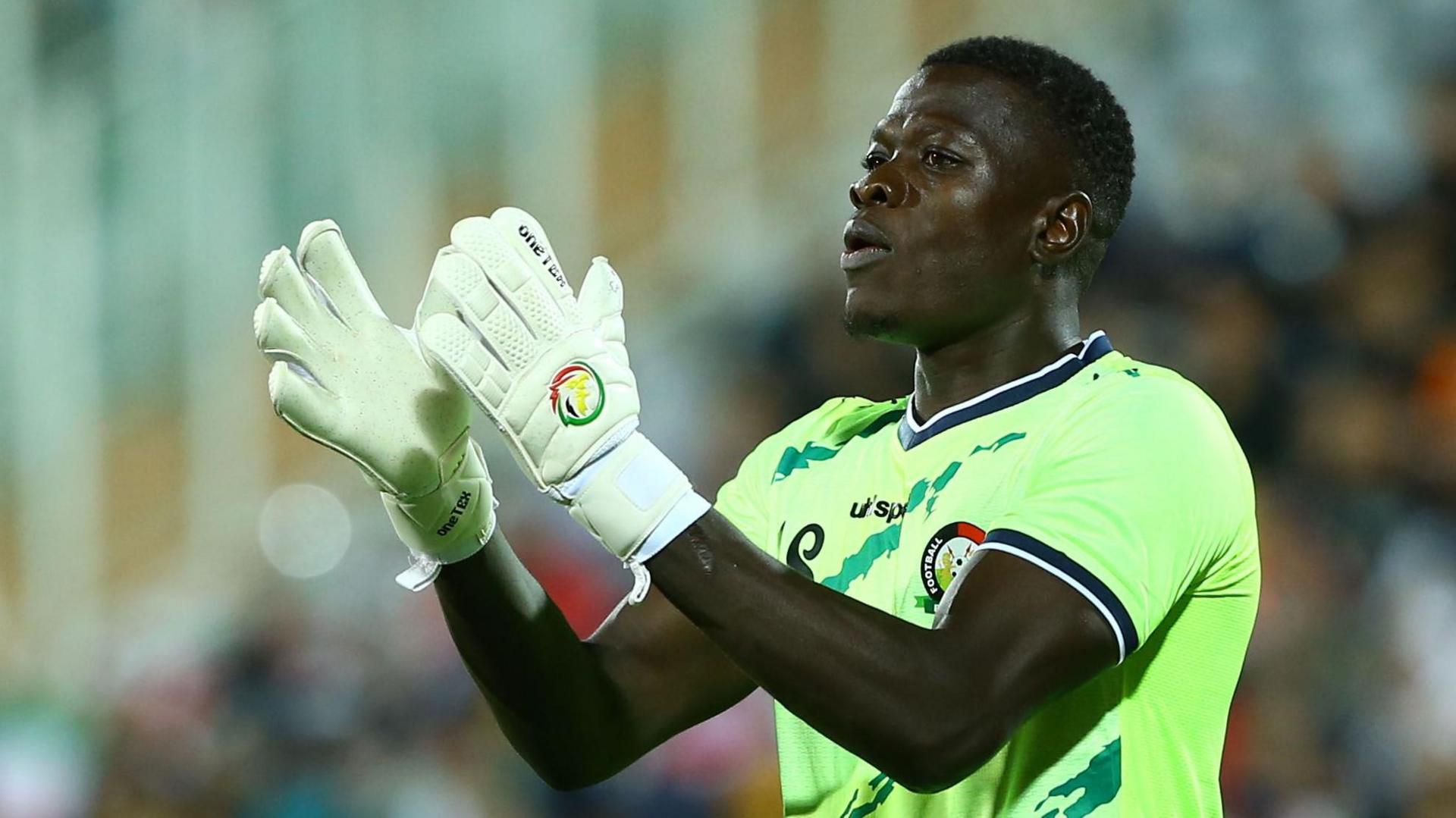
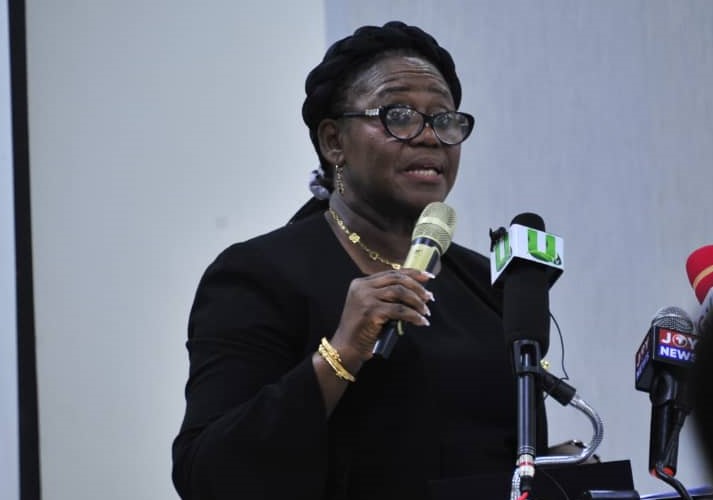






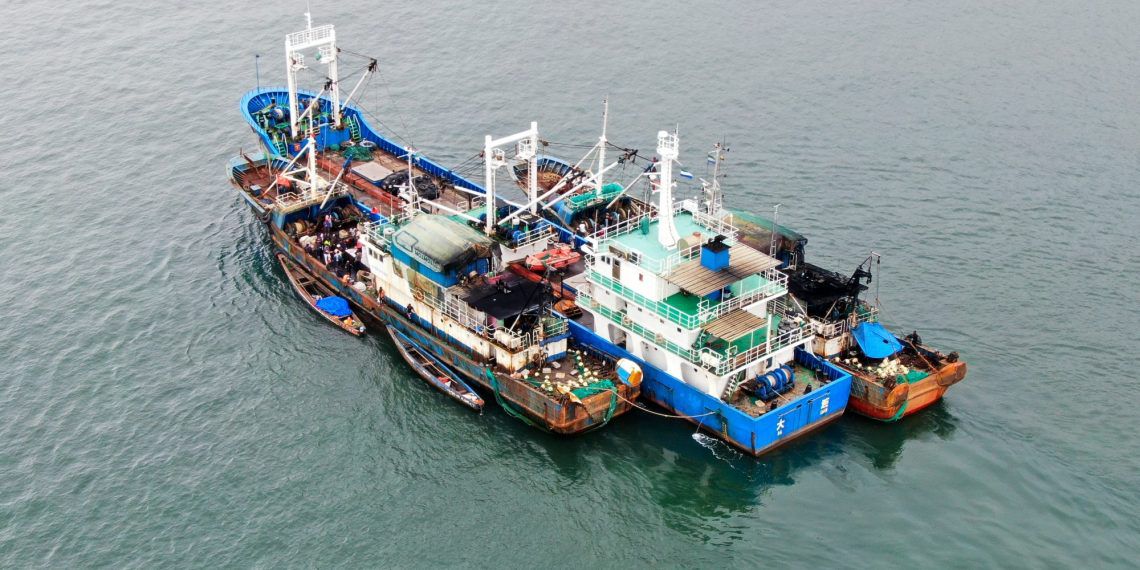


Facebook
Twitter
Pinterest
Instagram
Google+
YouTube
LinkedIn
RSS